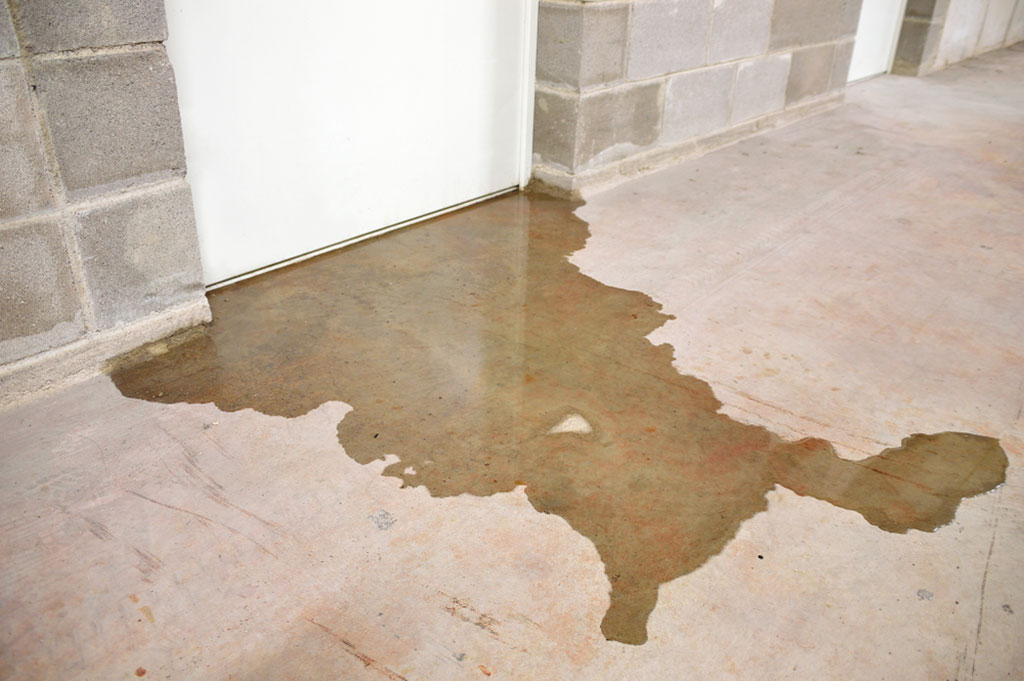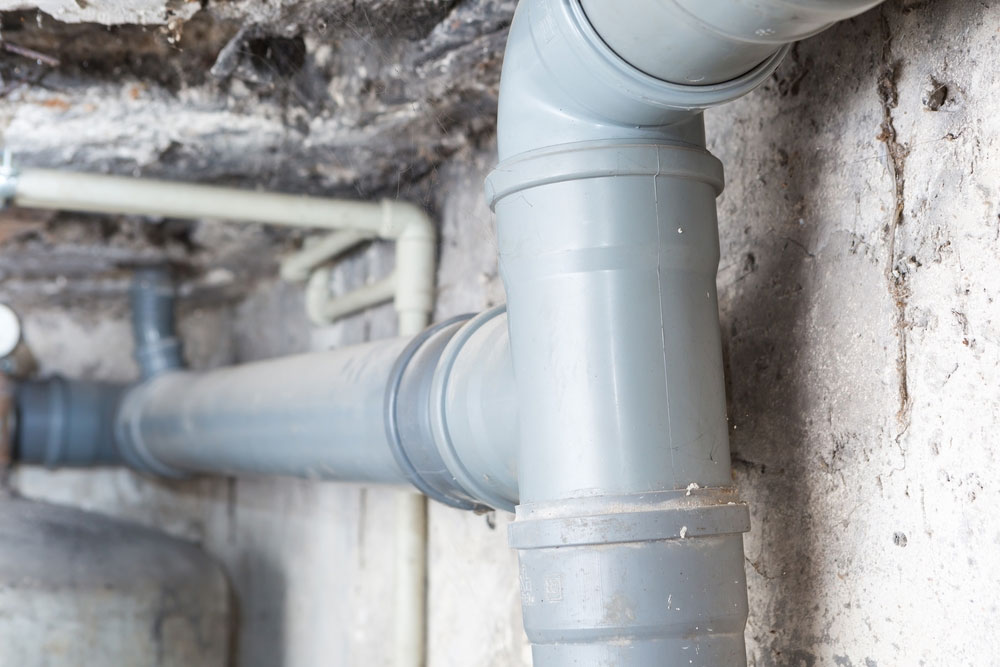A basement is an important part of your home. A basement can be used for a varied purpose. Sometimes it is used to store multiple essential items of a house, while at other times it is also used a living space. A basement can be at times used as laundry rooms or else as maintenance rooms.
Basements are like a boon in a home but at times it can also turn out to be a pain especially when you face problems like sewage backup in basement. A sewage backup in basement can lead to a great damage. This is the reason why you need to get yourself prepared for a sewage backup in basement.
First of all, it is necessary to prevent sewage backup in basement because it is quite expensive to clean up once the damage is done. A backflow preventer is a device that can help preventing sewage backup to a certain level.
The device can sense water which is coming from the other side and hence the main line is closed by the device to prevent the dirty water from getting back into the pipe. These devices come in different varieties and some of them are quite expensive but they offer better result than the cheaper versions.

Steps for Sewage Backup in Basement Cleanup
These are the steps which can be taken after a sewage backup in basement.
- The first thing you need to do is turn off the electricity to refrain from getting electric shocks.
- The doors and windows should be kept open to allow fresh air flow into the rooms. Opening the doors and windows will prevent spreading of bad odors.
- Discontinue the water supply of your home. This will prevent the other materials of your home from getting flooded.
- It is also suggested not to use any kind of water appliances such as water filters, washing machine or showers. A pipe burst is a common cause of sewage backup and if this is the reason your sewage backup in basement then it will tend to add more water and make things difficult for you.
- Before you start sewage backup in basement make sure you wear protective equipment. It is very dangerous to have any kind of personal contact with the water that is heavily contaminated. You should wear proper eye wear, boots and rubber gloves as well as a face mask before the cleanup.
- Try to disinfect the sewage backup water by adding bleach to it. It might not be the perfect solution for cleanup but it will minimize the risk related to health.
- Sewer backup damages can come under insurance but you have to buy them separately. This damage does not come under home insurance policy.

- Basement is a large portion of your home. So, it is quite difficult to manage the cleanup alone. It will be a good idea to call for professional help. The professional experts have the required equipment with them and will also take less time to clean up the entire mess.
- The professionals will not only help you get rid of the excess water but will also help in restoring the contents and materials of the basement. They will provide necessary help to remove any bacteria and will dispose all the materials that are contaminated. This will ensure removing any kind of health hazards which are very common after such mess. Finally, they will deodorise the area to remove any bad odour. This solution might be expensive but will minimize the time taken as well as the health risks.
- You can try to contact the sewer department for further help. With the help of the department you can successfully prevent sewage backup in the near future.

